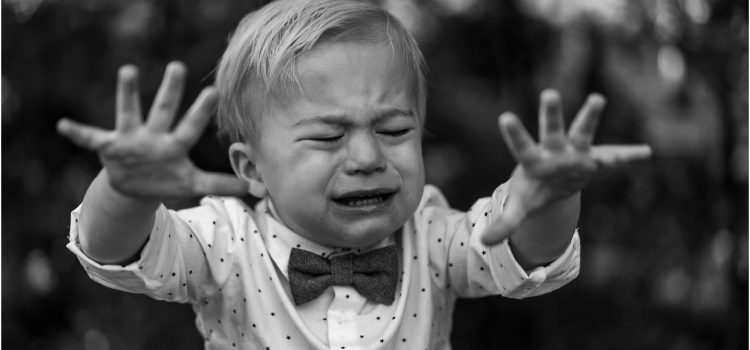Do time-outs work for children? How effective are they at achieving your real goal? Is there a better way to reach that goal? Clinical psychologist Thomas W. Phelan considers time-outs an archaic discipline tactic. He recommends breaks instead. A break is similar to the classic idea of a time-out. But, the execution, and thus the results, are different. Keep reading to learn why time-outs don’t work and why breaks do.
Do Time-Outs Work? Why Breaks Are Better for Kids










